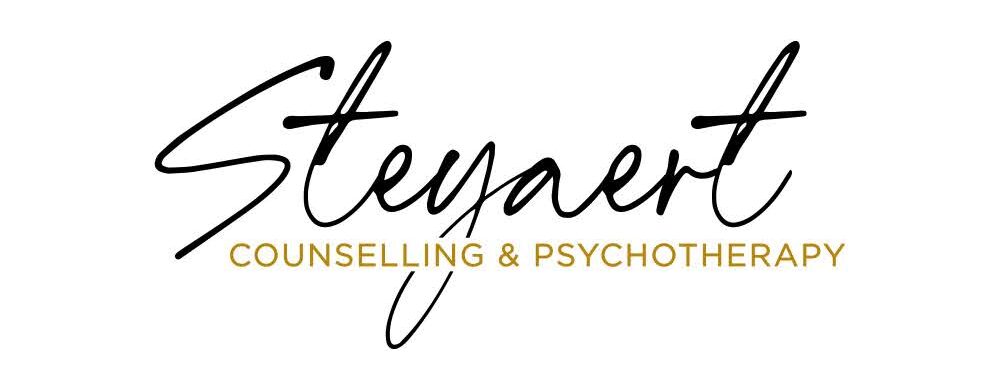What is Positive Psychology?
Positive psychology is a branch of psychology that focuses on the study of human strengths, virtues, and factors that contribute to a fulfilling and meaningful life. It aims to shift the traditional focus of psychology from solely treating mental illnesses to promoting well-being, happiness, and personal growth.
Based on the principles of fostering positivity, resilience, and personal growth, positive therapy has gained significant attention in London Ontario, Burlington Ontario, and around the world.
How Can Positive Psychology Benefit Me?
Positive therapy offers a range of benefits, including increased life satisfaction, improved mental health, better relationships, enhanced resilience, and a greater sense of purpose. By practicing its principles, you can develop skills and strategies to navigate life’s challenges and amplify positive emotions.
Is Positive Psychology Suitable for Everyone?
Absolutely! Positive psychology is applicable to people of all ages and backgrounds. Whether you’re experiencing a difficult life transition, seeking personal growth, or simply looking to lead a more fulfilling life, positive therapy principles can be tailored to your individual needs.
How Can I Incorporate Positive Therapy into my Daily Life?
Start small by practicing gratitude journaling, engaging in mindfulness meditation, setting meaningful goals, and nurturing your social connections. These simple practices can gradually help you cultivate a more positive mindset and greater overall well-being.
Can Positive Psychology Improve Workplace Satisfaction?
Start small by practicing gratitude journaling, engaging in mindfulness meditation, setting meaningful goals, and nurturing your social connections. These simple practices can gradually help you cultivate a more positive mindset and greater overall well-being.
What Role Does Positive Psychology View Failure and Setbacks?
Positive psychology emphasizes resilience and learning from challenges. It encourages individuals to view setbacks as opportunities for growth and to develop a mindset that focuses on solutions rather than dwelling on problems.
What Conditions Can Positive Psychology Help With?
Positive therapy has shown effectiveness in treating a wide range of mental health conditions, including:
- Depression
- Anxiety
- Stress
- Post-Traumatic Stress Disorder (PTSD)
- Low Self-Esteem
- Relationship Issues
- Chronic Illness
- Life Transitions
- Substance Abuse Recovery
- General Well-Being
How Does Positive Therapy Differ From Other Therapy Approaches?
Positive therapy focuses on strengths, positive emotions, and well-being, aiming to amplify flourishing. It’s future-oriented, collaborates with clients, and builds resilience, distinguishing it from traditional approaches.
Can Positive Psychology be Combined with Medication?
Yes, positive psychology can complement medication-based treatments. While medication addresses physiological aspects, positive therapy techniques can enhance well-being, coping skills, and mindset, offering a holistic approach to mental health. Always consult professionals for personalized guidance.
Can Positive Psychology Improve Relationships?
Yes! Positive psychology can enhance both family relationship dynamics and partner relationship dynamics by promoting effective communication, empathy, and understanding. By focusing on strengths and positive aspects within relationships, individuals can create deeper and more meaningful connections.
Can Positive Therapy be Used Alongside Other Therapeutic Approaches?
Yes, Cognitive-Behavioural Therapy (CBT) can be used alongside other therapeutic approaches. In fact, it is not uncommon for therapists to integrate CBT with other treatment modalities to create a comprehensive and personalized approach to meet the unique needs of individuals. Here are some of Steyaert’s Counselling’s common combined therapeutic approach combinations:
Cognitive Behaviour Therapy (CBT)
CBT is a goal-oriented approach that focuses on identifying and challenging negative thought patterns and behaviours. Integrating positive psychology with CBT can enhance coping strategies, promote positive self-talk, and foster a more optimistic mindset.
Dialectical Behaviour Therapy (DBT)
DBT is another evidence-based therapy that focuses on emotional regulation and interpersonal effectiveness. CBT and DBT can complement each other, as CBT targets cognitive restructuring while DBT emphasizes skills training and acceptance-based strategies. This combination can be particularly effective for individuals with borderline personality disorder or chronic self-destructive behaviours.
Mindfulness-Based Therapies
Mindfulness-based approaches, such as Mindfulness-Based Cognitive Therapy (MBCT) or Acceptance and Commitment Therapy (ACT), can cultivate present-moment awareness and acceptance. Integrating mindfulness with positive psychology can increase self-awareness, emotional regulation, and gratitude, ultimately leading to improved overall well-being.
Solution-Focused Brief Therapy (SFBT)
SFBT is future-focused and solution-oriented. Combining SFBT with positive psychology can amplify clients’ strengths and empower them to create achievable goals, fostering a sense of control and progress.
Narrative Therapy
Narrative therapy explores personal stories and narratives. Integrating positive psychology with this approach can help clients identify strengths and positive experiences within their narratives, leading to a more empowering sense of identity.
Psychoeducation
Integrating positive psychology with psychoeducation can help clients understand the scientific basis of positive therapy concepts, empowering them to apply evidence-based practices in their daily lives.
It is important to note that the decision to combine different therapeutic approaches should be made in consultation with qualified professionals like Hannah or Hailey. They can assess your specific needs and tailor a treatment plan that integrates the most suitable therapeutic modalities for your circumstances.
Can I Learn Positive Psychology Therapy Techniques On My Own?
You can independently learn positive therapy by studying foundational concepts, exploring resources like books and online courses, and practicing techniques such as gratitude and mindfulness. Regular reflection and connection with others can enhance your journey. While self-learning is effective, considering professional support and applying techniques in real life can maximize the benefits.
Steyaert Counselling’s Approach to Positive Therapy
Positive Therapy offers a practical and evidence-based approach to address various mental health challenges. By understanding the core principles of Positive Psychology and seeking support from a qualified therapist, individuals in Ontario can embark on a transformative journey toward healthier thoughts, emotions, and behaviours. To see if Positive Psychology Therapy is the right therapeutic approach, speak with Hannah at our London office or Hailey at our Burlington office today.
Positive Therapy in London, Ontario
Hannah has utilized Positive Therapy in her work with dozens of client therapy sessions. Don’t hesitate to contact her office in East London, Ontario, for more information.
Positive Therapy in Burlington, Ontario
Hailey has also utilized Positive Therapy in her work with dozens of client therapy sessions. Don’t hesitate to contact her office in Central Burlington, Ontario, for more information.

